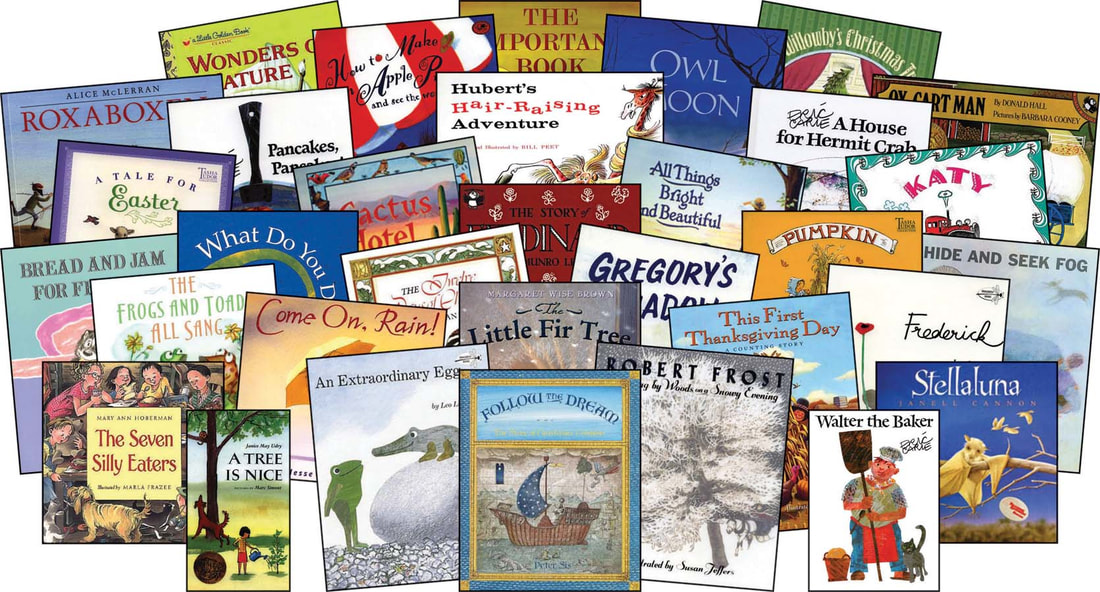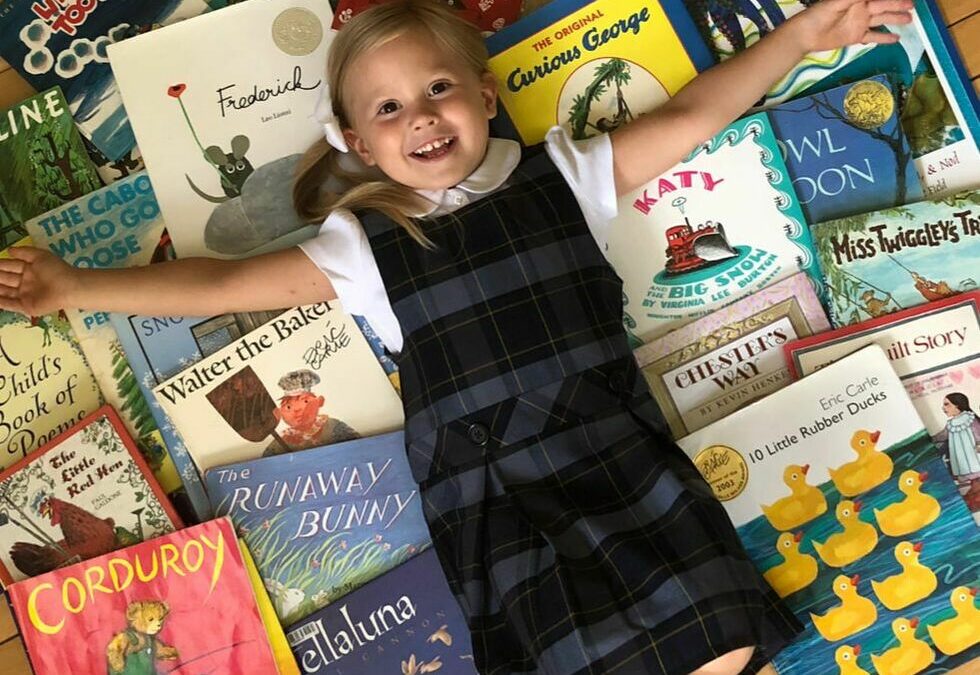The word kindergarten literally means, “a garden for the children.” When I think of a garden I think of a bright space, where things grow and flourish under the warm sun, where there is joy and freedom, where there is a natural leaning into the way nature intends things to be. In a garden, you don’t force things to grow. You cultivate the space, you give the right environment, and you give the proper attention. Then, you simply let nature do its thing and before long, you have a beautiful garden, A garden without struggle, a garden of beauty, not because you imposed crazy things upon it, but because it happened the way nature intended.
If you’ve entered a kindergarten classroom in the last several decades in the United States, you likely will not find much to match the above description. The kindergarten classroom that once resembled a “garden of children,” playing, singing, learning, reciting nursery rhymes, playing with other children, and learning a gradual transition away from the home, has now pushed itself further and further into young children’s lives. Today, the kindergarten classroom has grown so heavy on academics and so intense on structure and “preparing” students for school, that your average five year old now spends 35-40 of his waking hours in a contrived learning environment.
Is this necessary? No.
But will they get behind? Absolutely not.
Are there alternatives? YES!
Yes, there are alternatives!!! After over a decade in education and having read countless studies and reports on what’s happening to today’s children in our educational system, and worse, what it’s doing to our families and communities, we launched into the pursuit of a better way.
Children should spend their childhood playing, exploring, being curious, learning, and hanging out with their families and in their communities. Yes, they should learn letters and beginning to learn how to read, as well as learning about number sense, and other things. They should meet friends and have fun walking life with other people. They should jump rope to the familiar rhythms of nursery rhymes, and should be read aloud the best children’s literature. They deserve to look forward to school days and not be exhausted by them. They deserve to come home and play, be with their parents and siblings, enjoy evenings with family dinners, and outings without worrying about waking up early every single day to rush out the door for an 8 hour school day.
So, what are the alternatives?
Homeschooling.
Homeschooling is definitely a viable alternative to traditional full-time school. It obviously gives freedom and you can create your own schedule every single day. But many moms feel extremely intimidated by full-time homeschooling. They don’t want to pick curriculum, plan lessons, and don’t want to do it all themselves. They worry about teaching reading and they feel pressure to be the homeschool Pinterest mom. They also kind of want a couple days to breathe, be kid-free (or at least one less kid), free to run errands, have a coffee or lunch date with a friend, or simply enjoy some time alone.
University-schedule/hybrid school.
While we definitely love home educating, we also love the university-schedule! Here at The Classical Academy, we believe students and families need the gift of time more than ever! We believe that kindergarten should be a garden of children! A place that is only PART of their waking hours, not the majority. We believe there’s a place for specific learning (i.e. letters, numbers, handwriting, etc), but we also know from years of educational research that this does not take 35-40 hours a week.

We also believe, like a garden, that a garden of children, should be taught within the manner nature intended. We believe this is how they grow and flourish the best! Children are curious, they do crave some structure, and yet they crave the ability to run free. They love being part of something bigger than themselves, like a school community. They also love Mom and Dad, building Legos with their siblings, and waking up slow and unrushed some of the days of the week. They love books, being read to, songs and repetition. They need time- both structured and unstructured.
So how does kindergarten at The Classical Academy provide this “garden of children” education? Twice a week your kindergartener will attend kindergarten among peers and a classroom teacher. He will be part of a community, making new friends, learning how and where other adults fit into life. He will learn phonics and lots of hands-on math, and how to write his letters. He will be read aloud the best children’s literature and enjoy the predictable cadence of nursery rhymes. He will create art and make music. He will learn the way nature intended him to learn. He will learn in a context that gives his childhood back the gift of the time.
The other 3 days of the week your kindergartener will enjoy learning at home and being wild and free, the way children should be. On Tuesdays and Thursdays, your child’s teacher will tell you exactly what schoolwork to work through with him that will prepare him to come back to class the next day. It’s simple. It’s straightforward. It’s not hours upon hours upon hours a day. On Fridays, he will run and play, and visit Grandma, go to the park, or take music lessons. The choice is up to you!
At The Classical Academy we provide a top notch, high quality, private, classical education. Your student is getting all they need to be successful in kindergarten and beyond, without the exhausting work week schedule of an adult.
Are you interested in learning more about how to give your kindergartener the best start to their schooling years? Contact us for more info!


